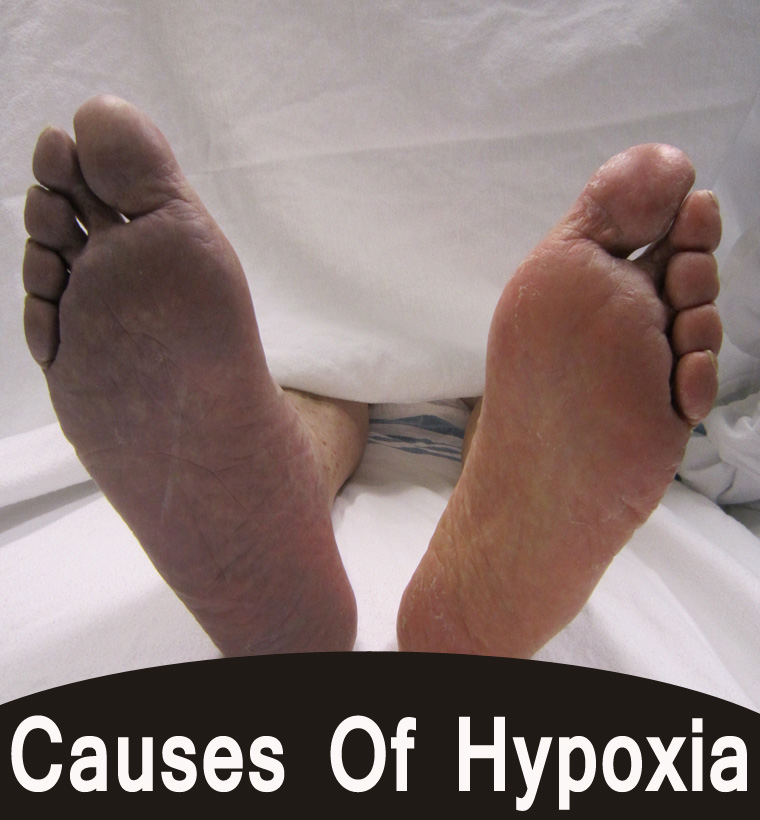Hypoxia is a state in which the entire human body or some parts of the body are deprived or suffer from lack of oxygen supply. It is the chief organs in the body which are highly affected by hypoxia, particularly the brain. When the required amount of oxygen fails to reach certain parts of the body, it leads to a low pressure of oxygen in the blood flowing through the arteries, subsequently leading to hypoxia. However, there are different types of hypoxia and the symptoms characterizing them are also different.
There are five types of hypoxia known in medical terms. These are hypoxic hypoxia, anemic hypoxia, hypemic hypoxia, histotoxic hypoxia and stagnant hypoxia. Our bodies often suffer from a lack of oxygen, especially when we undergo strenuous physical activities.
However, this condition cannot be referred to as hypoxia, which means a complete loss of oxygen supply from the body. Below mentioned are some of the common causes of hypoxia.
However, this condition cannot be referred to as hypoxia, which means a complete loss of oxygen supply from the body. Below mentioned are some of the common causes of hypoxia.
Common Causes of Hypoxia:
Cardiac Arrest:
Asthma:
Strangulation:
Strangulation implies the compression of the neck area. Compression leads to a block in the air passage. A person who is strangulated first suffers from shortness of breath and subsequently from hypoxia due to limited or no oxygen supply.
Intake Of Carbon Monoxide:
Carbon monoxide is a poisonous gas. When carbon monoxide enters our lungs, it combines with oxygen to form carbon dioxide. As more and more carbon monoxide is inhaled, the quantity of oxygen in the body reduces further, thereby causing hypoxia.
Hypoventilation:
There are times when you feel suffocated due to the lack of air in your surroundings. When less air reaches the pulmonary alveoli in the human respiratory system, it leads to hypoventilation. This is a condition which ultimately causes hypoxia because of the lack of oxygen in our system.
High Altitudes:
The higher the altitude, the lesser the amount of oxygen in the air. Less oxygen would mean that you are gradually moving towards a state of hypoxia.
Pulmonary Embolism:
This is a condition in which the blood vessels reaching the heart become blocked for several reasons. The most common reason for a blocked blood vessel is a blood clot. The clot acts like a barrier in the passage of blood that is rich in oxygen. The result is that the body gradually starts suffering from a lack of oxygen leasing to hypoxia.
Early Pneumonia:
During the early stages of pneumonia, the most common symptom is the irritation that occurs in the lungs due to a bacterial infection. This leads to the inflammation of the airways and thus, leads to a drop in the oxygen level reaching the heart through blood flowing in arteries. Dipping oxygen levels lead to hypoxia.
The above mentioned are some of the most common causes of hypoxia, which always occurs if there is a lack of oxygen content in the blood.








0 comments:
Post a Comment